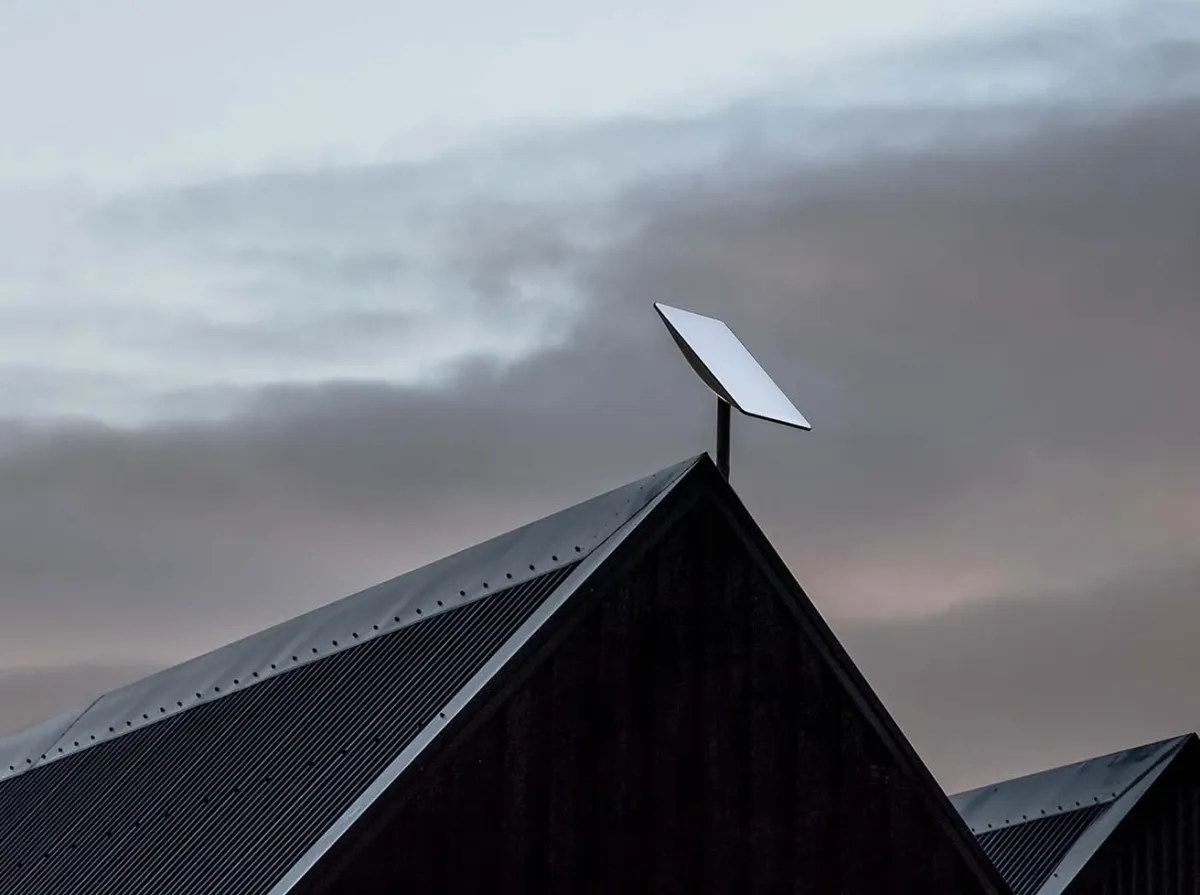SA's telecoms authority cracks down on Starlink, declares service illegal
Elon Musk's satellite internet service must register as a company to have a legal presence in South Africa and cede 30% of equity to economically disadvantaged groups.

South Africa’s telecommunications regulator, the Independent Communications Regulator of South Africa (Icasa), is intensifying its regulatory chokehold on Starlink, Elon Musk’s revolutionary satellite internet service.
In its latest statement, Icasa has cautioned that patronizing or providing access to the SpaceX product is illegal nationwide. The communique, signed by the acting chairperson, Yolisa Kedama, reemphasizes that Starlink is not licensed to operate in the country.
“The authority, as a creature of statute, has a responsibility to protect its licensees and consumers by ensuring fair participation and competition in the market. Therefore, any provision of broadcasting or electronic communications services, including the use of the radio frequency spectrum, without the necessary service or radio frequency spectrum licenses is a direct contravention of the ECA,” a part of the notice reads.
From what is evident, the service has been slowly gaining ground in the market without the prerequisite radio frequency spectrum. According to Icasa, this directly contravenes some provisions in its Electronic Communications Act (ECA). The Act says any platform providing internet services without a license or registration is guilty and can forfeit up to 10 percent of its annual turnover as a penalty.
It is unclear why Starlink has yet to officially obtain a license in the market. But speculations point out a possible reason: Icasa mandates that companies applying for an ISP permit must relinquish at least 30 percent of their equity to historically disadvantaged groups (HDGs). This compulsion might be a deal-breaker for Starlink shareholders, most of whom are investment firms.
Unlike what is obtainable in other markets where it has launched, South African customers are unable to order Starlink kits directly via the firm’s website. But, thanks to its regional and international roaming features, the service is functional within the jurisdiction.
Customers have since found an alternative, mostly purchasing kits via a local ISP known as IT Lec. Based in the Northern Cape, IT Lec was importing for thousands of local customers from other countries where the platform was already active. But, in August, Icasa ordered the company to cease the importation and disconnect customers from the source.
“IT LEC (Pty) Ltd should, within three days of receipt of this letter, stop and refrain [from] acquiring, distributing, and facilitating [the] sale of any Starlink products in South Africa, that will in any form provide satellite access to the Starlink services,” the order read.
Acting as a liaison between Starlink and its South African customers, IT Lec was reportedly overwhelmed with demand for kits, so much that it had to temporarily suspend order placements barely a fortnight before Icasa came calling.
Technically, Starlink is yet to launch in the nation, unlike the cases in places like Mozambique, Nigeria, Zambia, Sierra Leone, and Kenya, among a few others. However, as numbers obtained from two major importers show, the service has gotten more than 12,000 sign-ups in South Africa.
Much earlier, when the country’s telecoms watchdog bared its teeth, it threatened that providers who import and resell the kits stand to lose [their] broadband access, risk the confiscation of such equipment, and face possible criminal charges with fines of up to $260K.
Since then, sales have reduced, but there are reports customers still buy through the backdoor, particularly from vendors in nearby Mozambique. By mid-November, Mozambique-based satellite internet service provider StarSat Africa had imported more than 12,000 units of Starlink kits for South African customers.
While Icasa’s growing hostility towards the service doesn’t come without solid reason, the regulator is pitting itself against middle and upper class South Africans who see Starlink as the less expensive, more reliable alternative to existing offers from Vodacom, MTN, Cell C, and Telkom.
Of the 220 countries on the global broadband pricing index by Cable.co.uk, South Africa ranks as the 170th most affordable for broadband internet service. As the country is on the brink of a blackout apocalypse, traditional ISPs have become unreliable due to inconsistent coverage.
Besides South Africa, Senegal and Zimbabwe are also mounting regulatory pressure on Starlink, attempting to curb what they have described as illegal provision and irregular marketing.







Comments ()